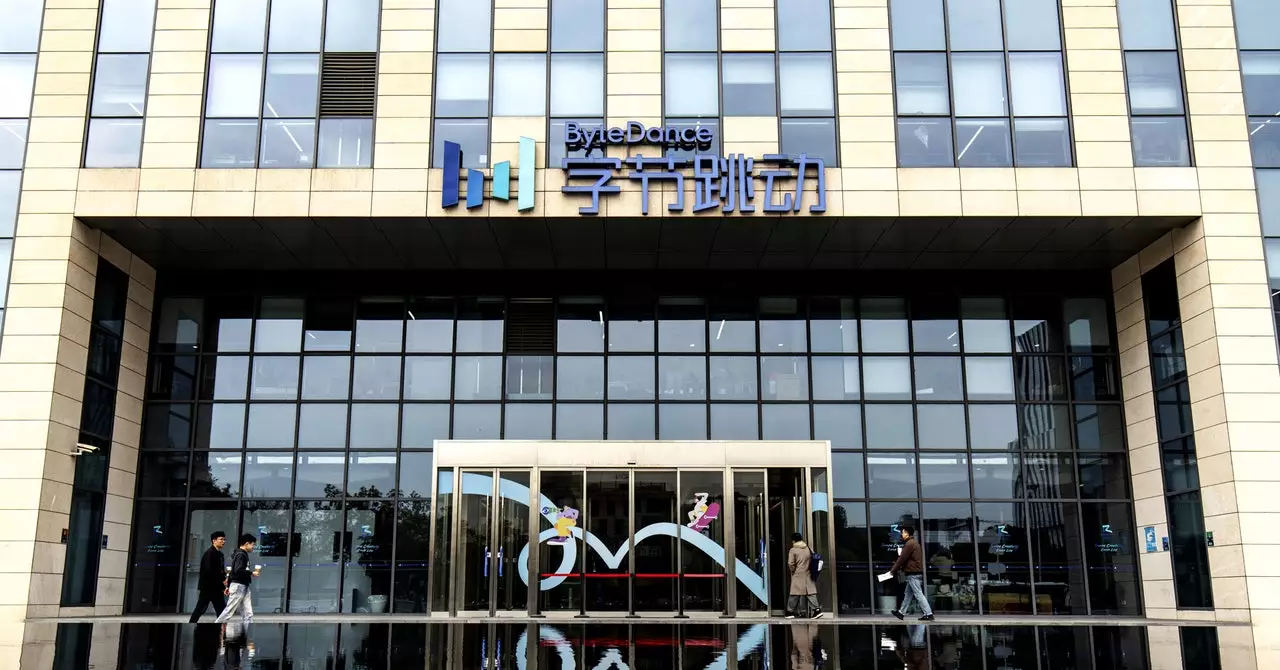In an unexpected turn of events, former ByteDance intern Keyu Tian, who has recently garnered accolades for his contributions to artificial intelligence research, finds himself at the center of a highly publicized controversy. His triumph at the Neural Information Processing Systems (NeurIPS) conference, where he was recognized as the first author for a pivotal research paper on image generation, has raised eyebrows and ignited heated debates in the AI community. This recognition, however, comes on the heels of a turbulent dismissal from ByteDance, where he allegedly engaged in activities deemed detrimental to his co-workers.
The award conferred to Tian, along with his co-authors, for their paper titled “Visual Autoregressive Modeling: Scalable Image Generation via Next-Scale Prediction,” underscores a significant advancement in AI image-generation techniques. Notably, the NeurIPS Best Paper Award committee highlighted the paper’s experimental validation and fresh insights into scaling laws, endorsing its innovative approach. While the academic rigor of the work merits appreciation, the cloud of Tian’s past misconduct looms large, creating a discord between meritocracy in research and ethical standards within the broader professional landscape.
The juxtaposition of Tian’s achievements against allegations of professional sabotage has triggered reflections concerning the integrity of academic awards and the evaluation processes at prestigious conferences. Critics, including AI ethics professionals, have pointed out the dissonance in awarding such recognition to an individual embroiled in serious ethical concerns. Abeba Birhane’s remarks on social media encapsulate a growing unease about the implications of this decision, with calls for a more discerning evaluation of not only the scientific merit of submissions but also the character and professional conduct of their authors.
The Push for Transparency
In response to the controversy, the NeurIPS committee emphasized that their selection processes adhere strictly to criteria grounded in scientific merit, independent from author’s backgrounds or scandals. While this commitment to blind review and impartiality serves to uphold academic standards, it invites scrutiny regarding the need for transparency in the ethical dimensions of the research community. The dialogue sparked by Tian’s recognition reveals a pressing need for reforms that integrate ethical considerations into the evaluation of academic works.
As the debate unfolds, it is evident that the AI research community stands at a crossroads, facing the challenge of reconciling innovation with ethics. The case of Keyu Tian serves as a catalyst for conversations about the responsibility of institutions and conferences in fostering not just scientific advancements, but also upholding ethical integrity. Moving forward, it is crucial for industry leaders and academic institutions to create frameworks that not only celebrate breakthroughs but also ensure that the paths taken to achieve them align with the ethical standards expected in the research community. The future of AI research will depend significantly on its capability to navigate these complex ethical landscapes, ensuring that progress is made not only intellectually but morally as well.


Leave a Reply